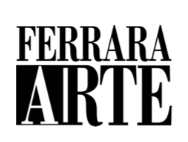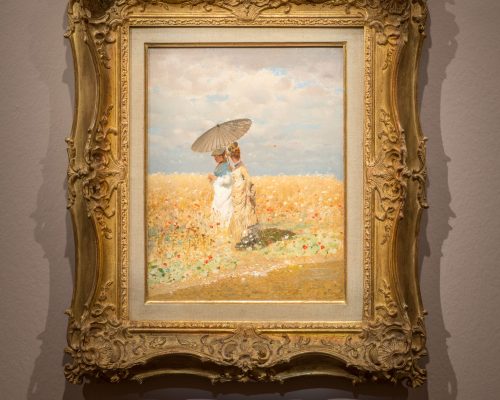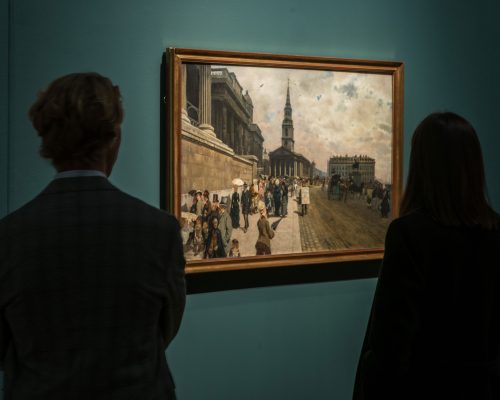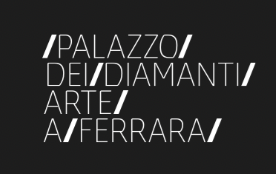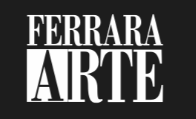De Nittis, like Boldini, was a prominent figure on the late-nineteenth-century Parisian scene throughout his career, first as avant-garde exponent of the realist school in southern Italy, and later as a full-fledged part of the Parisian innovators with whom he shared interests in photography and Japanese art, fields that profoundly influenced his work. As a landscape painter, he was as much a virtuoso at translating the dazzling light of his native land as he was of Île-de-France’s misty skies or the London fog.
Yet he was also skilled at depicting a rapidly changing world and society, focusing his pictorial lens on cities in transformation, on street life, leisure, and the beau monde. After moving to the French capital in 1868, De Nittis came into contact with the major collectors and dealers, at the same time developing fundamental and productive relationships with his French colleagues, including Degas, Caillebotte, Manet, and Monet. With an approach that was at once sophisticated and enormously visually appealing, his art helped to renew dominant painterly aesthetics, able to answer the call of modernity without sacrificing a personal style with roots in his youth and fostered by his close relationship with his wife Léontine, his “manager” and favourite model. <
The Palazzo dei Diamanti exhibit proposes a new interpretation of De Nittis’ creative trajectory, for the first time analyzing his oeuvre from a formal and technical point of view in order to highlight his unique response to the poetics of modernity. The exhibit will follow a chronological-thematic itinerary, whose structure is also inspired by a statement about De Nittis from a critic of the time highlighting the painter’s uniqueness: “A Southerner in the South, a Frenchman in Paris, and a Londoner in London.” Thus Vittorio Pica in 1914 described the universality and ante litteram Europeanism of De Nittis’ art.
Curated by
Maria Luisa Pacelli, Barbara Guidi and Hélène Pinet
Organized by
Fondazione Ferrara Arte and Gallerie d’Arte Moderna e Contemporanea, in collaboration with Comune di Barletta
Promoted by
Comune di Ferrara
with
Regione Emilia-Romagna
Supported by
Fondazione Teatro Comunale di Ferrara
Insurance partner
Axa and Aon

